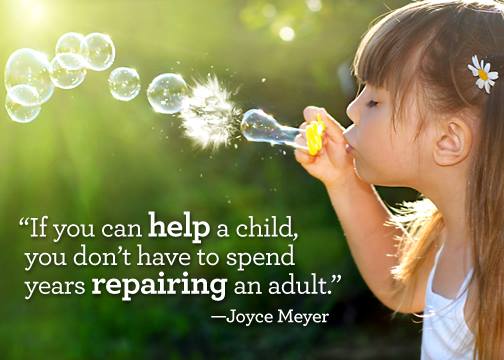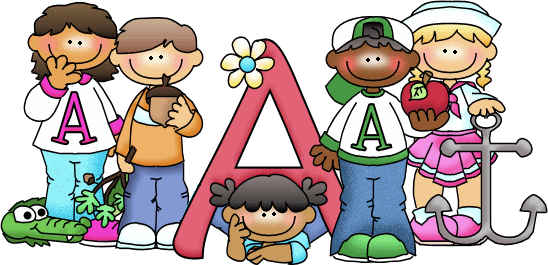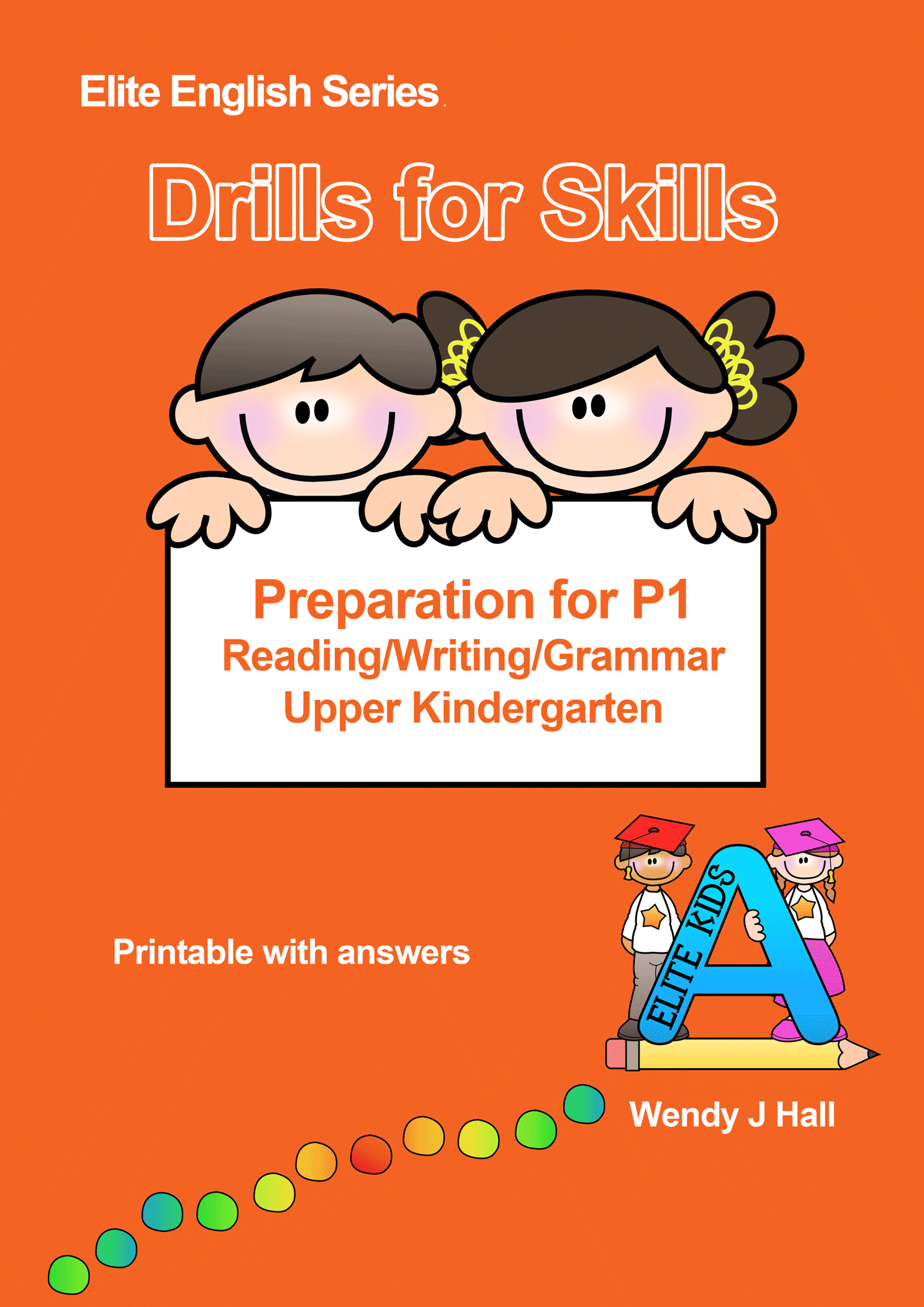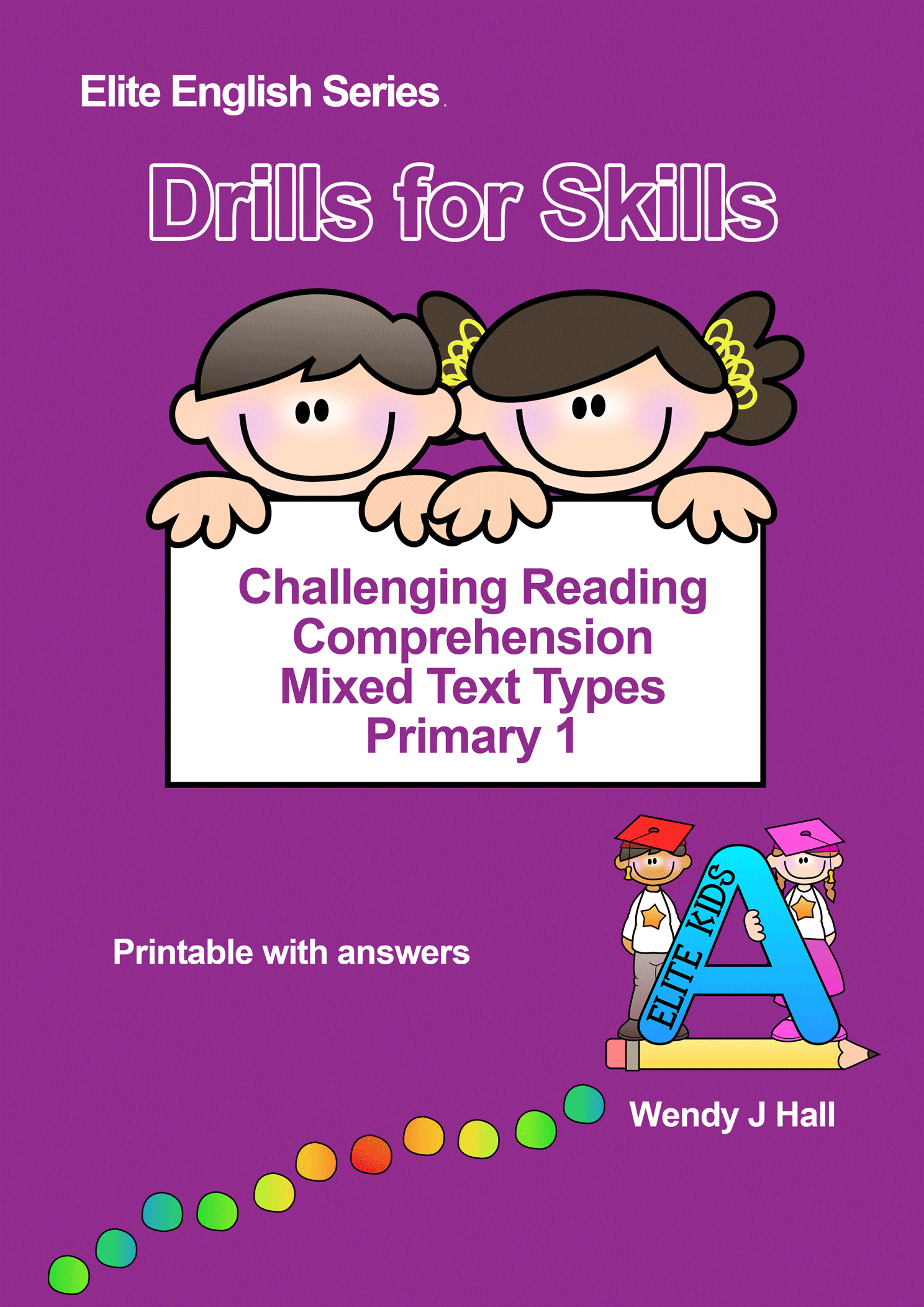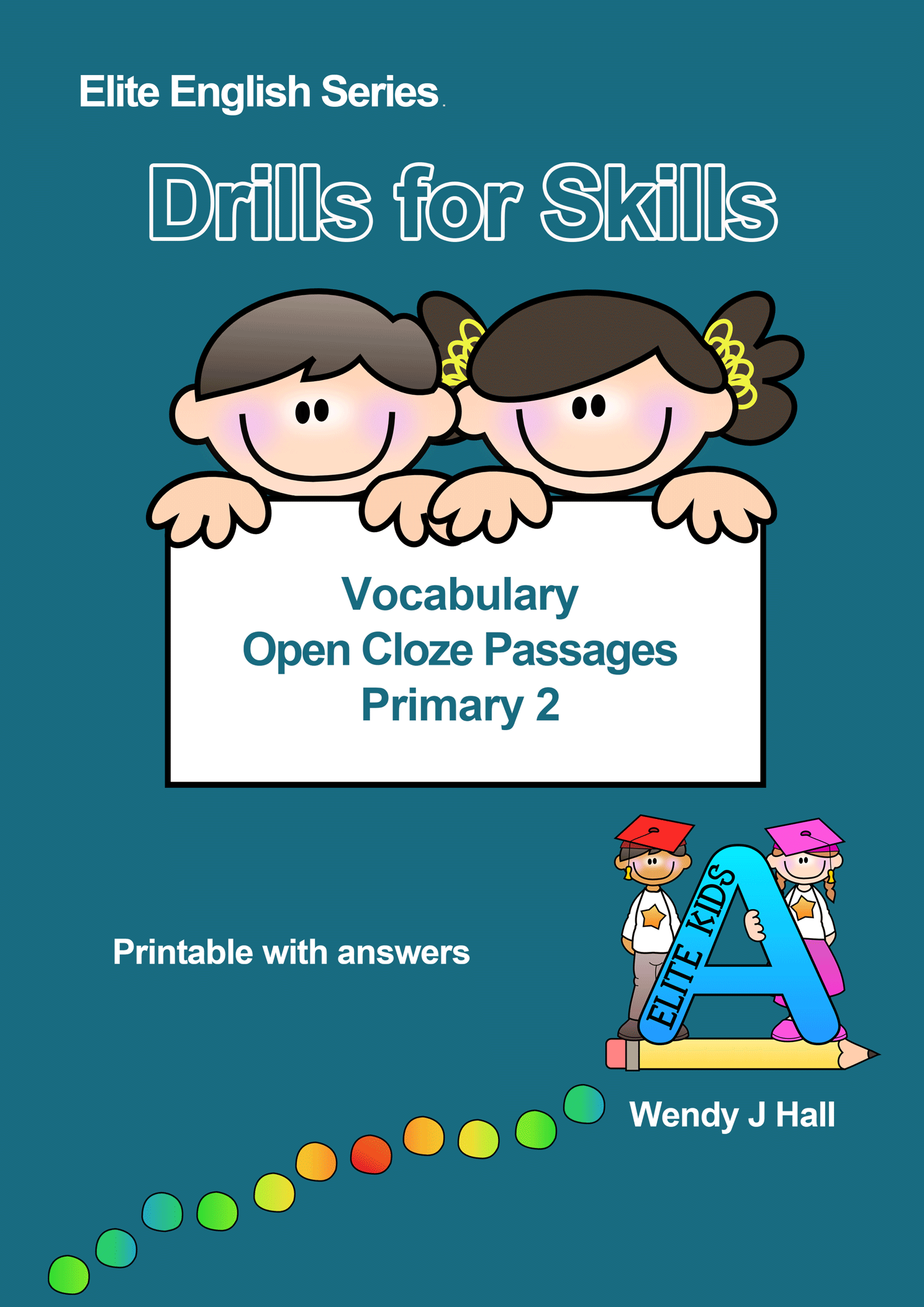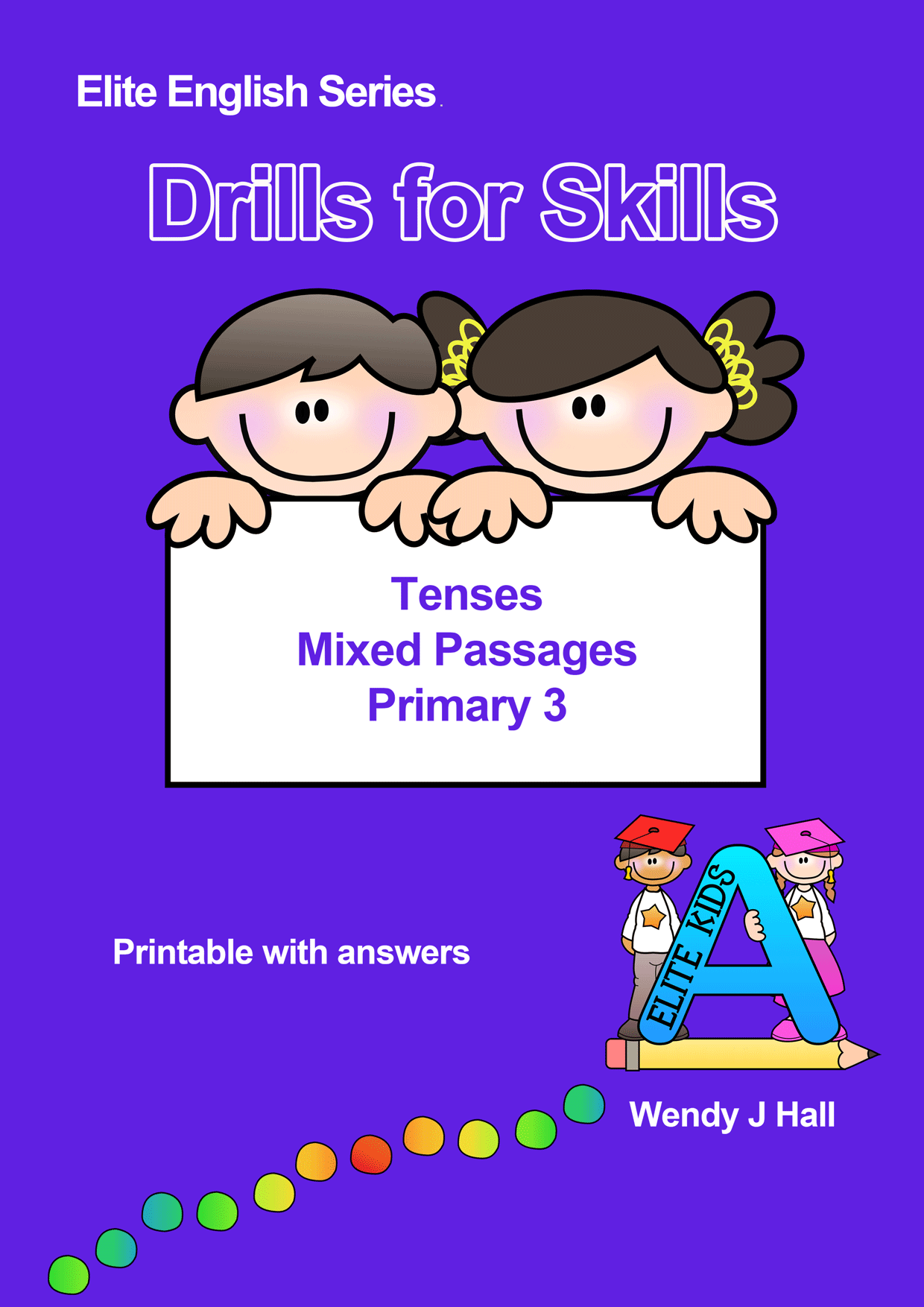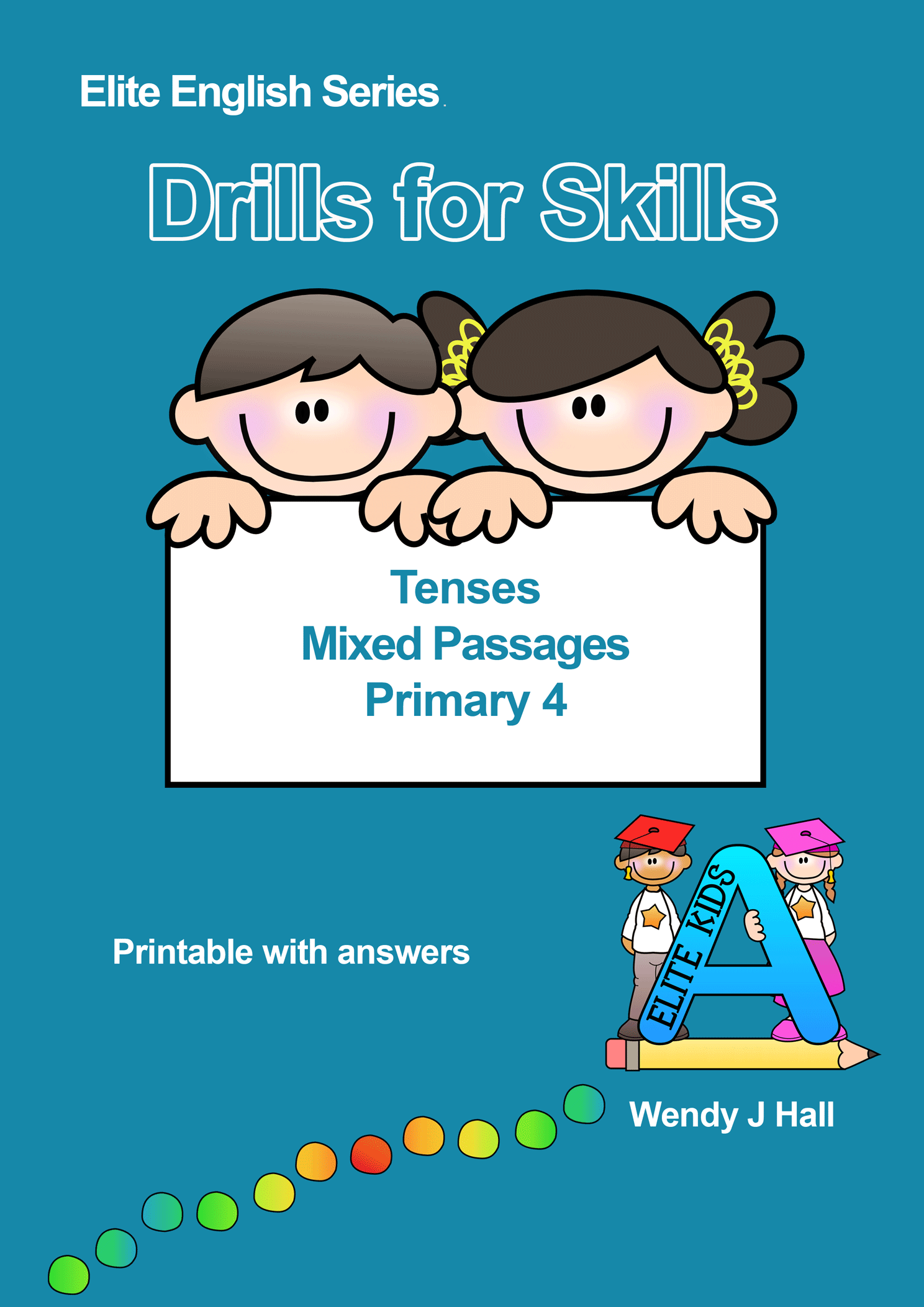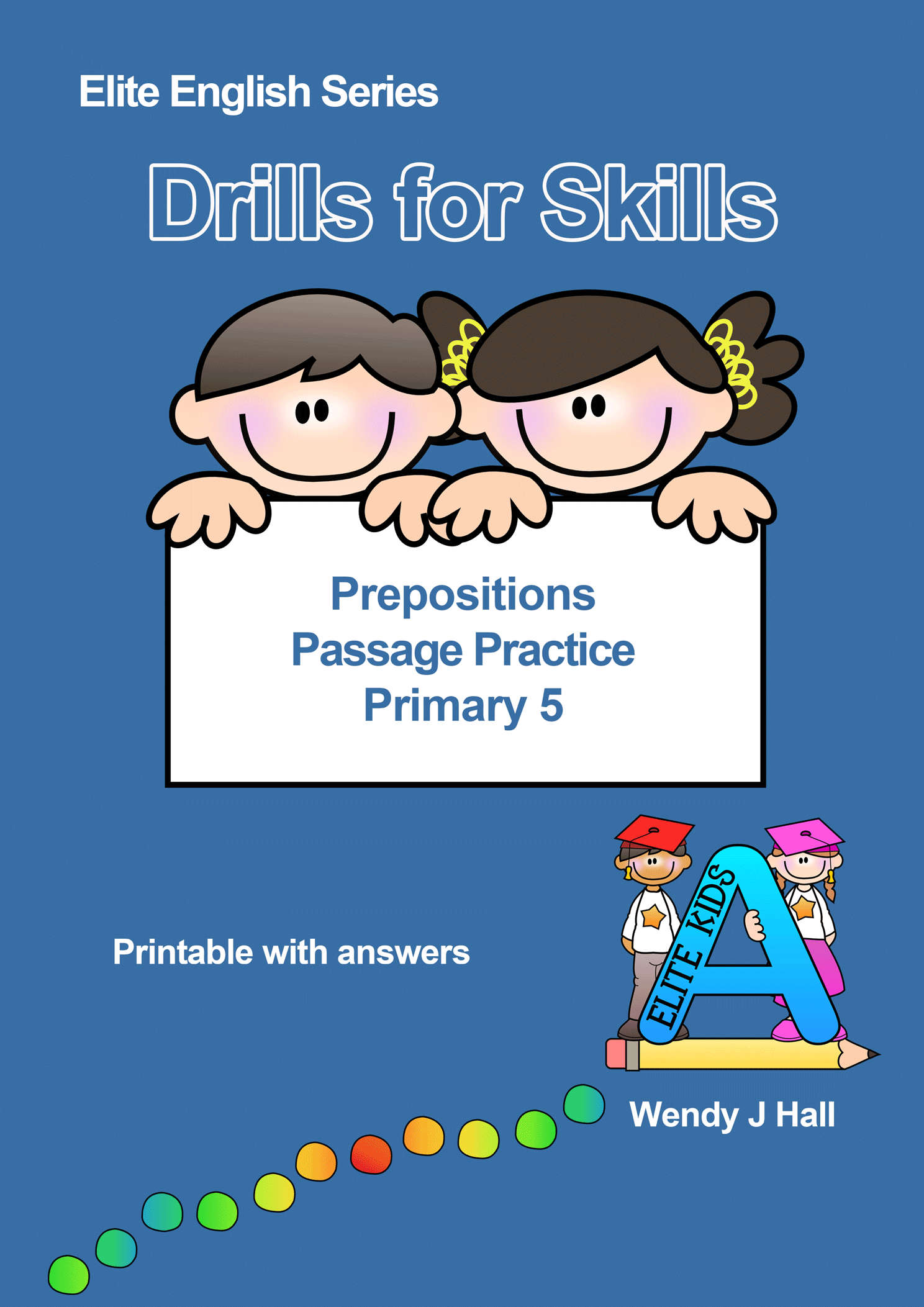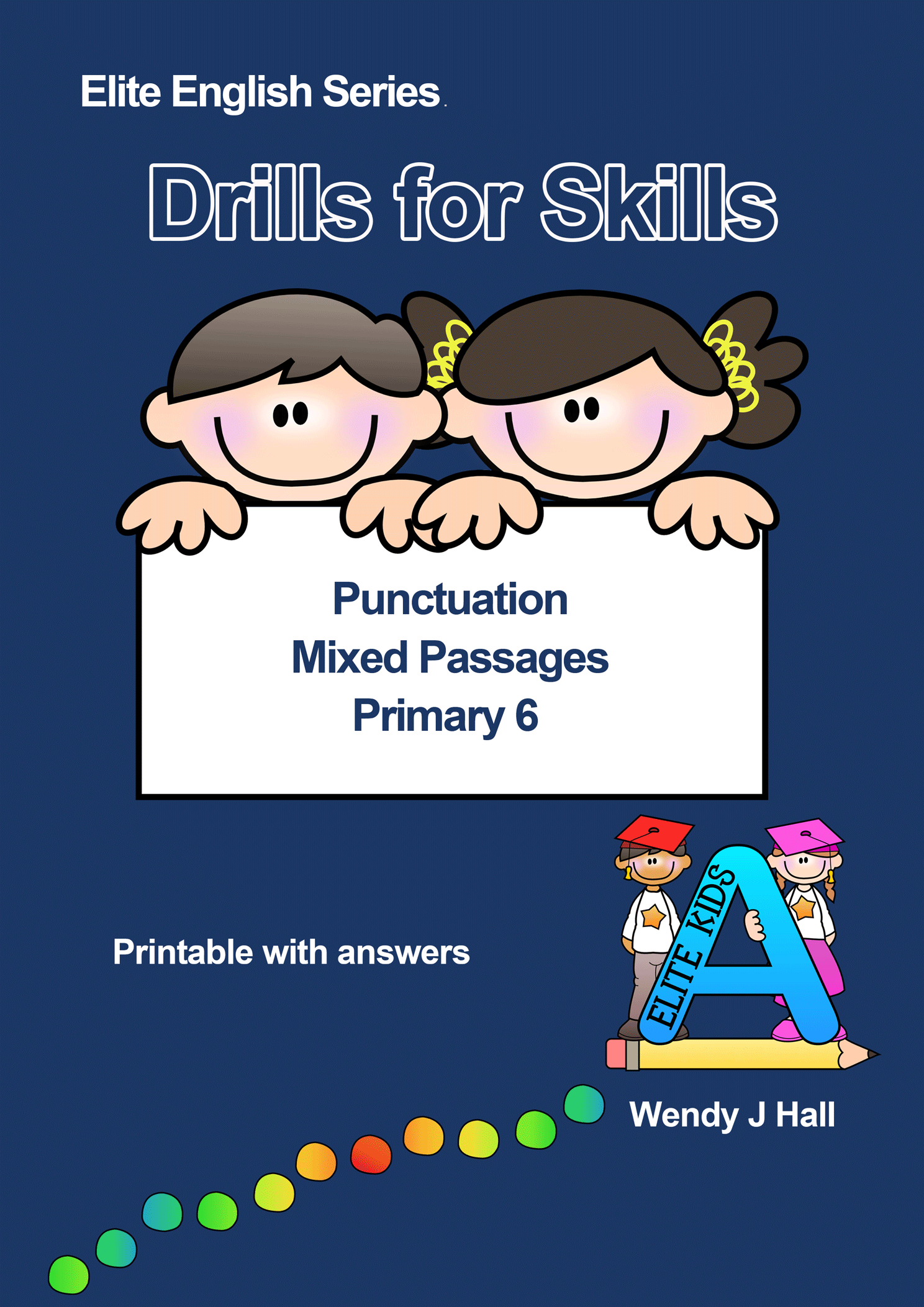Phonics for young learners
Give your child the best start!
Many parents ask us about phonics. We hope the following information will be useful in helping parents to understand what this term actually refers to and the importance of learning the sounds for both native English speakers and learners of English as a second language.
What does 'phonics' mean?
This term simply describes the relationship between letters and sounds. By stringing these sounds together, we can form words.
Why is it important for children to learn the sounds?
A good phonetic knowledge is essential for a number of reasons:
- It helps children learn to read.
- It helps children learn to spell.
- It helps children learn new words and improve their vocabulary.
- It helps children learn to write.
How should children learn phonics?
First they should learn the sounds of the 26 letters in the English alphabet (it makes sense to know the alphabet before attempting this).
It is useful for young children to learn the uppercase letters as the names of the letters and the lower case letters as the sounds of the letters.
For example:
A is the name.
a is the sound.
Learning the sounds individually is useless if children do not know how to blend these sounds to read words. This is the area which we believe is the most important aspect of learning the sounds. Blending requires a child to be able to run the sounds together. This requires a lot of practice.
One of the best ways to do it is to invite your child to read words that they have not come across before, using the sounds they know. If children can still read them, it means they are able to blend. If they can’t read them, it means they are not blending but instead relying on their sight vocabulary. Children who learn to blend early have a much higher chance of becoming strong spellers.
e.g.
c-a-t
c-a-t-s
s-c-a-t
c-a-s-t
c-a-s-t-s
Your child can probably only recognise the first two words but they are all English words. If they can read all of them, it means your child understands how to string words together.
A good knowledge of phonics together with sight-vocabulary form the basis for good reading skills. Both of these systems should be used together, not in isolation.
Some words of warning
If you plan to enroll your child on courses, ensure that the teachers are native speakers with a correct knowledge of phonetic teaching.
For the sake of uniformity, many parents prefer their children to learn the British sounds first. This will avoid confusion.
"I am soooooo touched by the thoughtfulness and recognition that you bestowed upon Anthony. I have to say your love and dedication for students is unfathomable, and I can see God's grace in how you steer your students through their challenges, pursuits and most importantly, difficult times. "
-Edna (Parent of 3 students)
"Education is not about filling a bucket, but lighting a fire! "
- William Yeats
